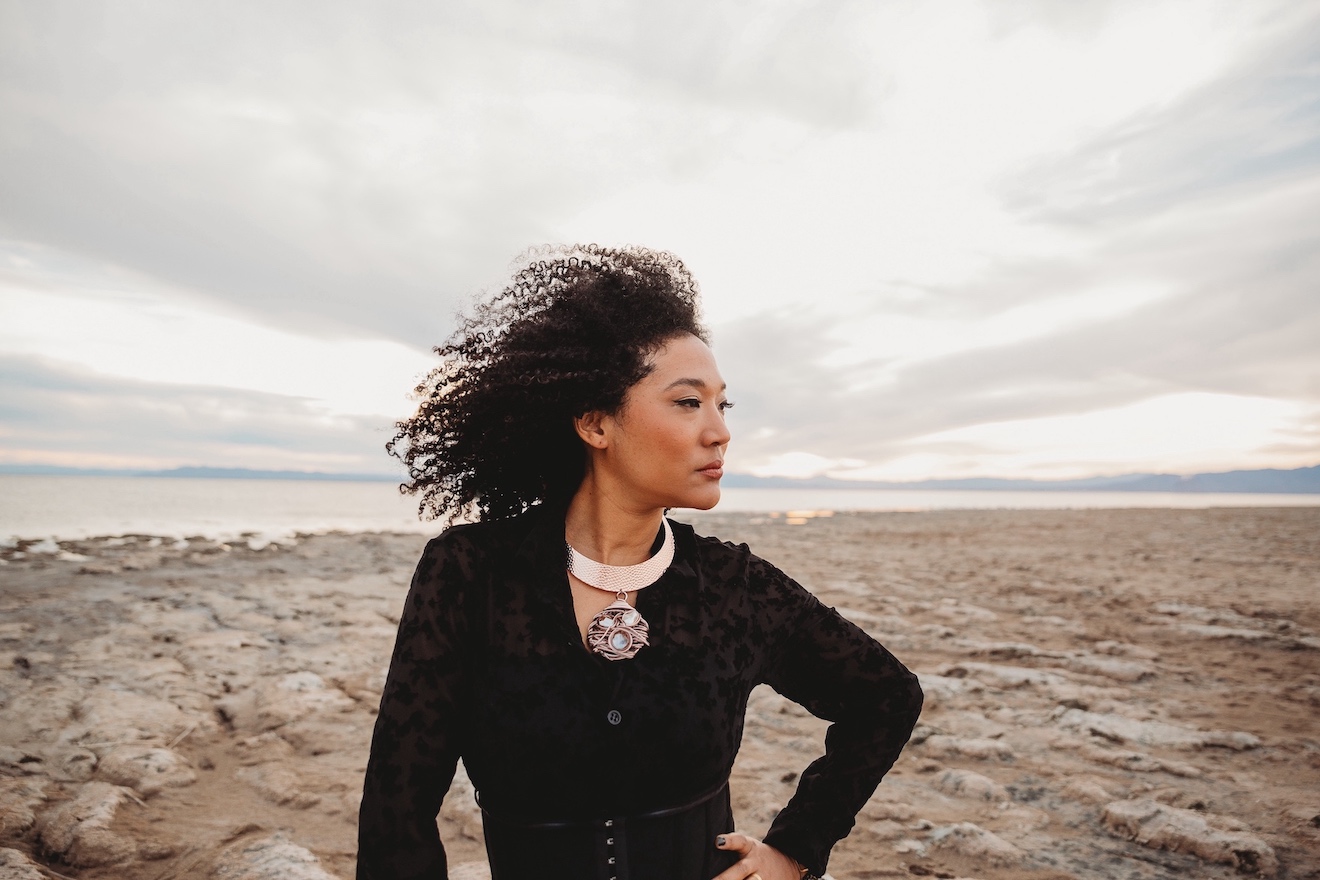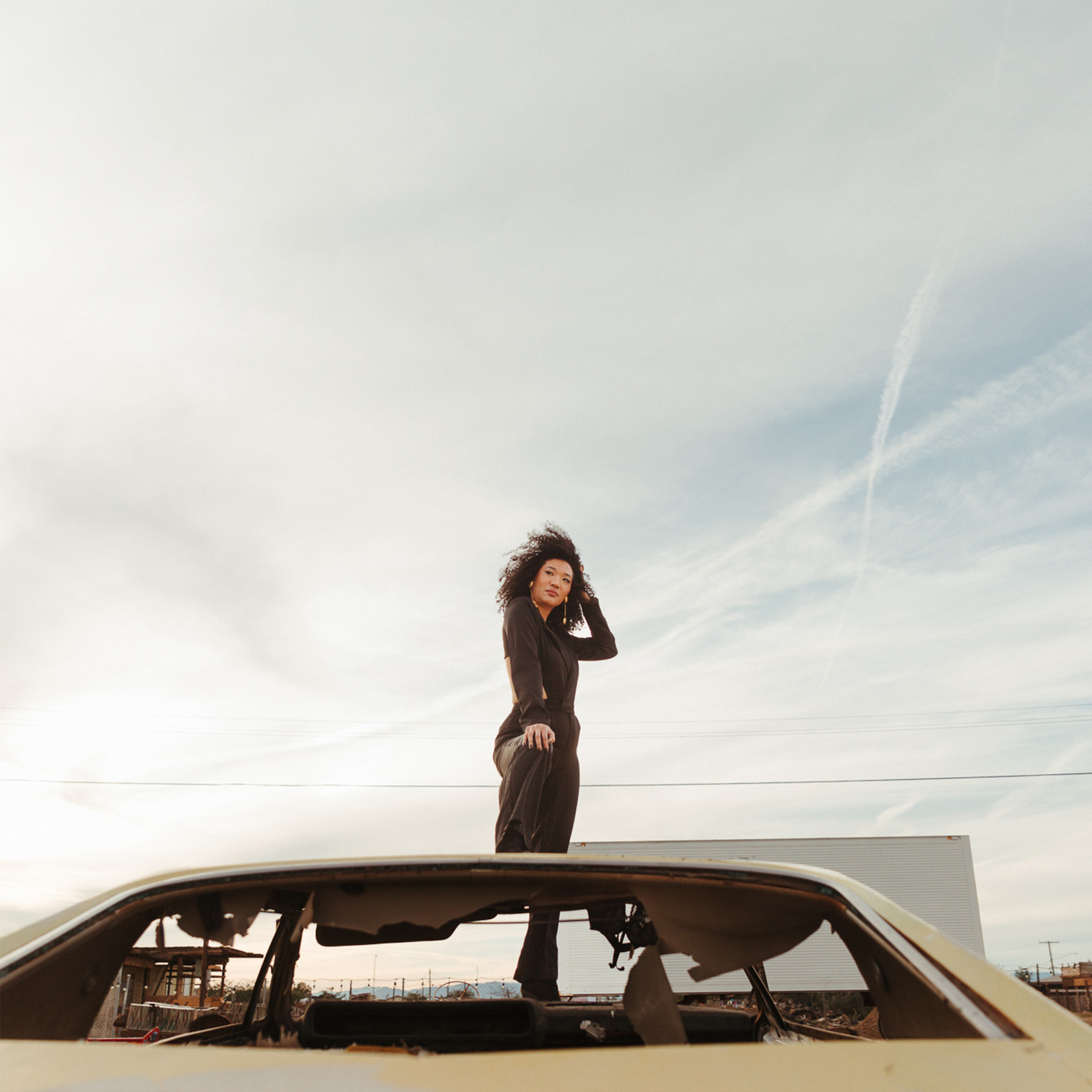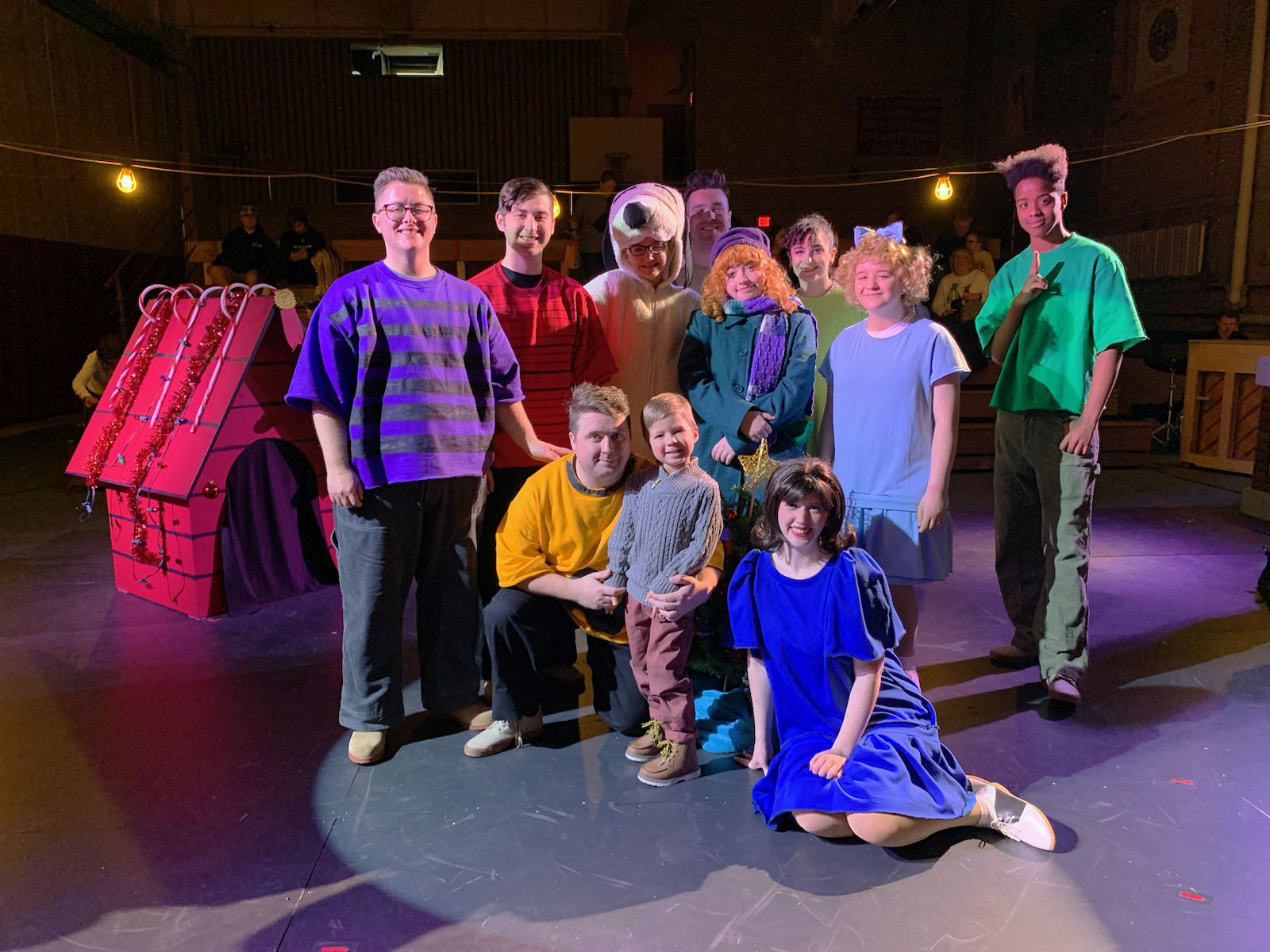Featured News - Current News - Archived News - News Categories
Singer to perform with JJ Grey & Mofro at Buffalo concert stop
Preview by Joshua Maloni
GM/Managing Editor
For too many years, too many people have been telling the wrong stories about Judith Hill.
They’ve noted her time singing with the likes of Michael Jackson, Prince, Elton John and Josh Groban. They’ve chuckled at Hill’s misfortune in working with “The King of Pop” and “The Artist” right before each man’s untimely passing (even offering the nickname “Black Widow”). They’ve chided her for being on the brink of 40 and not having what society says Hill should have at this point in her life.
In the process, they’ve overlooked, forgotten or just couldn’t comprehend the sheer magnificence of Hill’s voice, the dedication she’s shown to her craft, and the trail she’s set in building an award-winning musical career.
Looking inward, Hill came up with an outward message that sets the record straight.
What began as self-therapy turned into “Letters from a Black Widow,” a collection of songs that, by intent or happenstance, shows Hill’s desire to remind the “they” that she simply doesn’t care about their opinions.
Hill, a former four-chair turn on NBC’s “The Voice,” shared more in this edited Q&A.
She will provide support for JJ Grey & Mofro on Wednesday inside Buffalo’s Electric City. It’s a 7:30 p.m. show time.
“It's been awesome,” Hill said.
“We're going to be playing music from all the different albums. It's a family band; so, you'll get to see my parents on stage.
“We rock it out. We take people, basically, on a journey through just a lot of my material, and it's a rockin’ show. Lots of blues, soul, funk, rock ’n’ roll.”

Judith Hill (Photo credit: Ginger Sole Photography // provided by 2b Entertainment)
••••••••
Q: Your team did a good job of explaining “Letters from a Black Widow,” and sort of the theme that runs through the album. I'm wondering if you as the artist, as the creator – in your own words – can tell me about this new music and about that concept that runs at the very heart of this material?
Judith Hill: Yeah, so the album was birthed out of an experience I had. I had gone to a mushroom trip and I had, basically, a spiritual truth that really showed me that I had been harboring a lot of the trauma that was just sitting there in my body. This album was my first time of me really addressing some of the really dark things that happened to me. The album is my chance to really confront it and find a path. Find inspiration and find meaning from it.
“Letters from a Black Widow” takes you from just acknowledging the pain, from the very first song, into wrestling with this darkness, and then ultimately finding power and resilience in songs like “Dame de la Lumière” and “Flame” and “We Are Power,” and really finding that sort of anchor in the midst of all of it.
Q: It seems like there are two very distinct ideas in the music and the lyrics: Certainly, there is one idea of personal acceptance; but also, you are fighting back against societal acceptance, if you will, in terms of your career, your life, your personal choices. Would you say that's accurate?
Judith Hill: Those two things work sort of alongside each other, because my personal journey with it was getting kind of conflated with the societal messaging, and me believing what people were saying about me, ultimately, because I had my own inner beliefs about my own self that dealt with just shame and wanting to be a good person, and growing up in a really religious background where those things were really prevalent in my childhood. And so, dealing with both the messaging of what I was telling myself, and what people were saying together, creates sort of like that whirlwind.
WATCH:
Q: I think that's a perfect term for it – and it leads into my next question. If you think about the idea of acceptance, and what that means and how that feels, and then if you think about the idea of pushing back, and what that means and how that feels – those two things could very much be in opposition to each other. So, how do you bring these ideas together so that you can sort of rectify it in yourself – and how you feel and how you move forward with your life – but also in terms of the music, and making it all fit together so that it feels cohesive on this album?
Judith Hill: I think that's just it. The human experience is that pushing back and accepting, and it's always like a battle. You know, some days you feel like, “OK, I'm going to find more acceptance,” and some days you're really hurt, and you want to push back and you want to express yourself. That's sort of what I wanted to portray in this album, is the real version of what people go through when you're dealing with something like this.
It's a journey. Some days are more angry. I wanted the songs to allow space for all of it. And not necessarily be like sort of preaching too much, but allowing the reactions, and allowing myself to react to things in sort of a messy way, as a way of working through it.
That's real life, you know?
Q: You and I first chatted 11 years ago, almost to the day, when you were doing “The Voice,” and I've been impressed with your talent ever since then. That was the first time I got to know you as an artist.
Over the years, we've published press releases and things about you, about different projects you were working on. Something that I find interesting is that those past press releases, those past stories about where you were in your career, they oftentimes mentioned your resume – and certainly you have a very impressive resume. You've worked with some very impressive people. But this time around, it seems like the message is not about what you've done, but who you are.
I'm wondering if that was a conscious choice with the message and the branding and the story that comes along with this new music?
Judith Hill: Well, that was always the thing that everybody would always say. No matter what I would tell about my personal experiences, they would always headline that she worked with this person and that person (laughs). And it was like, my own story – my own life – as small as it might be, or humble as it might be – was always getting overshadowed by who I worked with.
And so, this album is really me. I mean, my other albums have also touched on just identity things, but this was the one where I really confronted the societal messaging. And I think it’s probably why there's more emphasis on who I am.
But, ultimately, I've been talking about who I am in my work all these years. But I think that, you know, sometimes in society, if you're not really saying something that they find more interesting than the typical headlines, then they won't write about it.
For me, this is hard. I wasn't thrilled to write about the “Black Widow.” But when I was in counseling, my counselor said, “I think this will be good for you – just for you; just write about it.” And I did. Not knowing if I would ever release the songs. But here I am, now. I was able to create a theatrical version of the music that I feel like allows for the art.
WATCH:
Q: We've talked about this music and your journey. A song like “Dame de la Lumière,” on the surface, it might not seem like it would fit, necessarily; it might seem like it's sort of an outlier. And I find it interesting – even in where it is on the track listing (in the middle). But it's clear that your mom and your grandmother shaped who you are as a person, and your ability to feel and to do what you're feeling and doing with this record.
Could you speak about why you decided to include that song, and the impact they had on your life and your ability to be in a place where you can share this music with people?
Judith Hill: The thing about it is, it's like, when you really face the darkness, that's your quickest path to finding light. And for me, “Dame de la Lumière” is that moment where you've come in off the mountain, and you're walking into this really kind of sacred, beautiful space.
I envisioned a tree where my ancestors and this maternal energy comes in, and really just encourages and gives me life. And really, the motto of “Bad times make strong women,” it's the moment where you face your shadow and finally can find this newfound power.
And I look at the women in my family and how powerful they were, and how much they've inspired me. And so, that's why that song is so important, is because it only has meaning because we're talking about coming out of really, really difficult things. And seeing my mom do that, seeing my grandmother do that, it just gives me hope that we're stronger than what we may think we are.
Q: I know you have shows coming up throughout this year in different places and in different capacities. I'm sure the setlist is going to change a lot but, as far as working with JJ Grey, how many of these new songs are you throwing in – and what has been the reaction from the audience to the new material?
Judith Hill: It's been great. The shows have been really fun. Every show is actually different. Our JJ sets are shorter than my normal shows, so we're not doing like a full, two-hour show. We're doing a shorter set. So, every night I'm throwing in different setlists. But we've been bringing new songs, and it's coming together nicely. It's been good.

Judith Hill, “Flame” (Photo provided by 2b Entertainment)





























